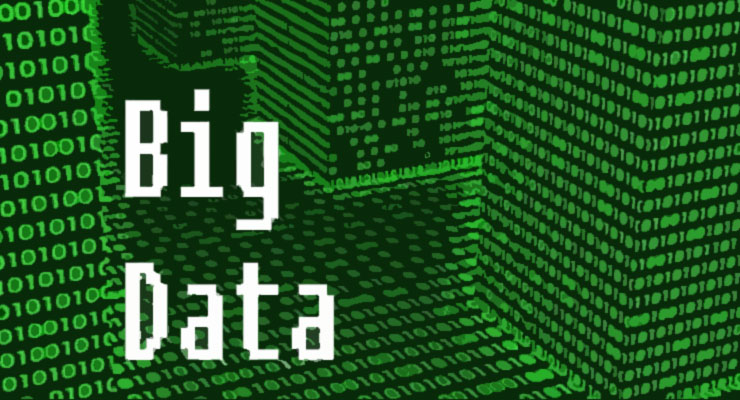
The article from Democracy Digest is much suggested.
Information technology is changing the face of war and peace, creating a new theater of warfare in cyberspace and new threats to democracy through state‑sponsored attacks and disinformation, according to Brad Smith, President of Microsoft, and Carol Ann Browne, Microsoft’s senior director of communications and external relations.
In the democracies of the world, one of the most cherished values is that the public determines its course by electing the people who make the laws that govern everyone, they write for The Atlantic. Tech leaders may be chosen by boards of directors selected by shareholders, but they are not chosen by the public. Democratic countries should not cede the future to leaders the public did not elect, they write in a piece excerpted from their upcoming book, Tools and Weapons: The Promise and the Peril of the Digital Age.
There’s more to fear than just the Russians, says the author of a new report (right) on disinformation. The Russians won’t be alone in spreading disinformation in 2020, says Paul M. Barrett, Deputy Director of New York University’s Stern Center for Business and Human Rights, Their most likely imitator will be Iran, especially if hostility between Tehran and Washington continues to mount, he writes for The Conversation.
See full story here.
Leave a Reply